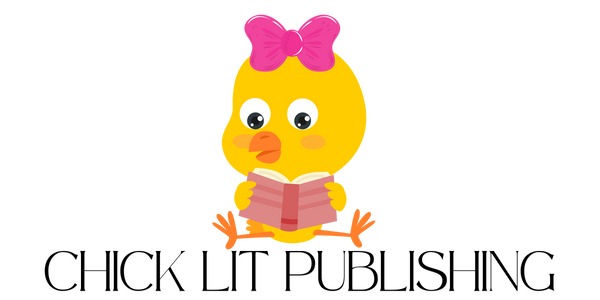Why Rhyming Books Are So Powerful for Early Readers

There’s a reason so many beloved children’s books rhyme. The rhythm and sing-song quality of rhyming stories do more than sound fun—they play an important role in early literacy. For young readers, rhyme helps build language skills, memory, and confidence.
The Music of Language
Rhymes give children a sense of rhythm and flow. Hearing words that sound alike makes it easier for kids to recognize patterns in language. This early awareness of sounds, often called phonemic awareness, lays the groundwork for reading success.
Easier to Remember
Because rhymes stick in the mind, children often memorize parts of the story before they can read the words on the page. That memory gives them confidence when they start to connect the sounds with letters. Before long, they’re “reading” along with the book.

Building Word Play Skills
Rhyming books encourage children to notice how words work together. They begin to experiment with sounds, create their own rhymes, and play with language. These skills boost vocabulary and strengthen overall communication.
Making Reading Fun
Most importantly, rhyming books are enjoyable. Their rhythm keeps kids engaged, and the playful sounds encourage them to join in. When reading feels like a game, children are more likely to see books as something to look forward to.
Final Thoughts
Rhyming stories may sound simple, but they’re powerful tools for building a love of reading. By combining rhythm, repetition, and play, they help children gain the confidence they need to become strong readers.
👉 Want to add the power of rhyme to your child’s bookshelf? Explore my collection of rhyming children’s books today and make reading both fun and educational.

